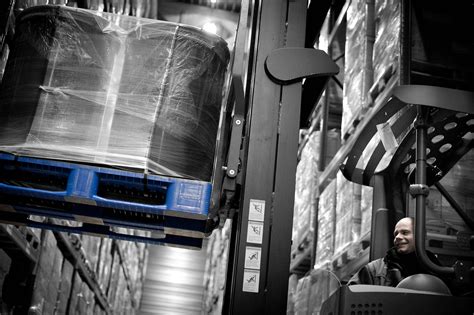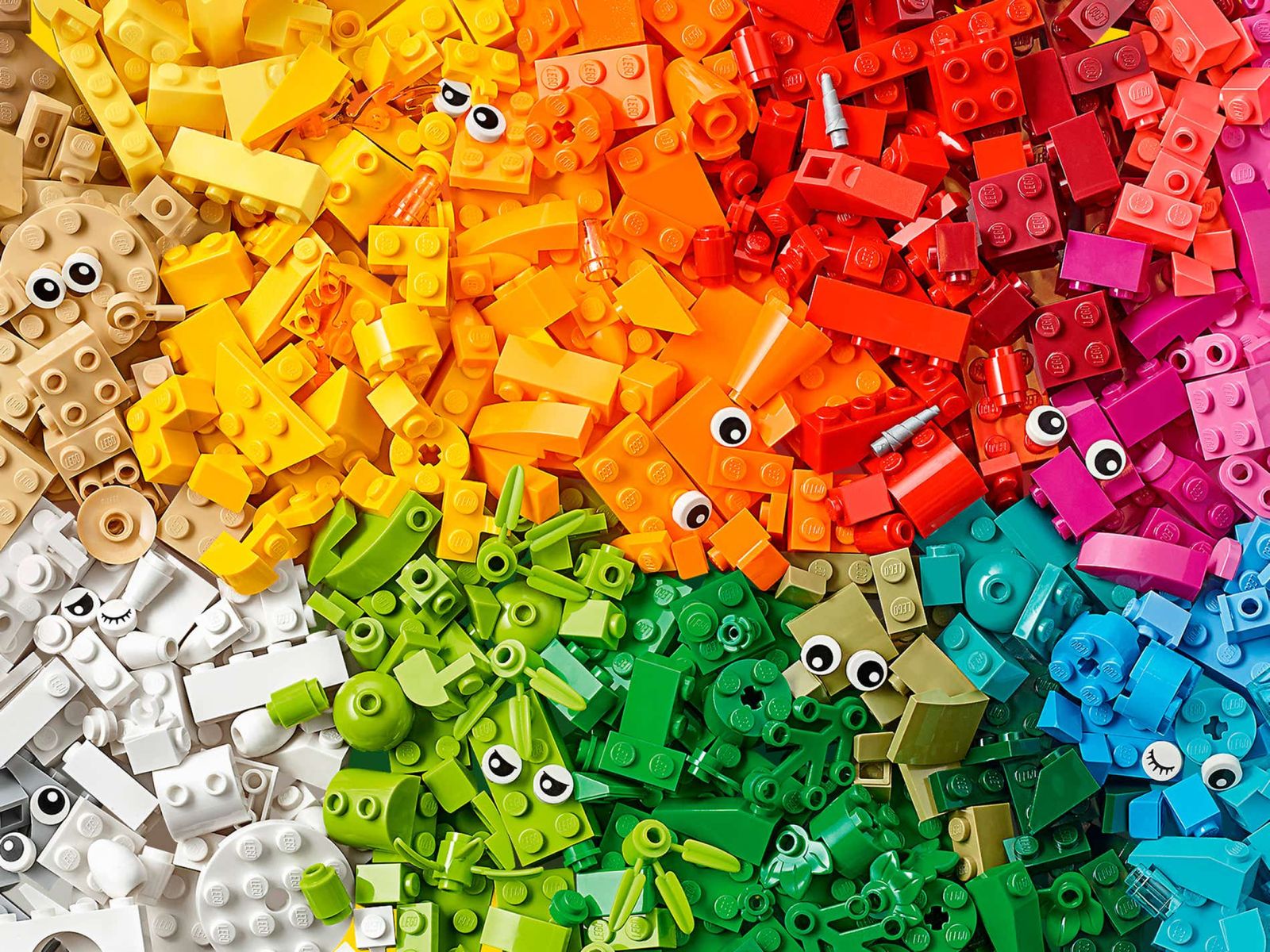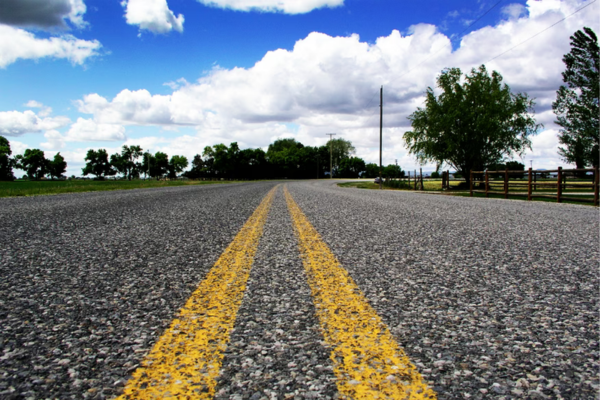Plastic

🌿 Tackling Plastic Pollution Together
We’re committed to helping sustainable solutions grow, connect, and thrive—because real change happens when innovation meets collaboration.
Plastic pollution is also a growing health crisis. When evaluating the best solutions for your business, it’s essential to look beyond feedstock and end-of-life strategies. Consider the chemicals of concern and the health impacts of product formulations—these factors are critical to building truly sustainable systems.
At BIP, we proudly support companies that turn bold ideas into real-world impact—solutions that prioritize both planetary and human health.
Together, we can build a future where sustainable choices aren’t the exception—they’re the standard.
From upstream innovations that aim to close the plastic tap and reduce demand, to downstream efforts focused on improving waste management and recycling, we support companies across the classic 3Rs—Reduce, Reuse, Recycle. Each offers powerful tools to reshape our relationship with plastic and drive meaningful change across the value chain.

Curated by Leticia Socal
The 3 Blocks
Reuse
The most direct and effective way to reduce platsic waste. Innovative companies are making reuse practical, scalable, and impactful—but it requires a systemic shift. Reuse affects consumer behavior, drives profitability, and demands products designed from the start for durability, longevity, material health, and recyclability. These products must be integrated into systems that allow them to be used repeatedly in their original form.

Did you know? An estimated 840 billion single-use products could be replaced by a thriving reuse service economy.
Reuse services build local infrastructure and create jobs that stay in the community. In contrast, disposable products rely on supply chains that extract resources and manufacture goods far from where they're consumed—leaving behind waste but not opportunity.
Reusable foodware reduces litter, lowers waste management costs for businesses and governments, and keeps streets and waterways clean. Investing in reuse infrastructure is a powerful step toward achieving zero waste and climate goals.
Find alternative solutions here
Reduce
Reducing plastic starts with reimagining how products are made—from choosing alternative materials to minimizing overall plastic use. This includes cutting down on virgin plastic by switching to recycled or bio-based inputs, designing for reuse, and developing innovative refill or return systems.

Examples include:
-
Reusable shipping containers replacing single-use plastic
-
Products made from recycled plastic waste (e.g., shoes, packaging)
-
Concentrated product refills in reusable containers
-
Sustainable packaging made from paper, cardboard, or compostable materials
Key strategies for plastic reduction:
-
Use alternative materials: Replace virgin plastics with paper, cardboard, or biodegradable options for packaging and shipping.
-
Increase recycled content: Incorporate post-consumer recycled (PCR) plastic into products and packaging.
-
Design for recyclability: Ensure all packaging is recyclable, reusable, or compostable.
-
Eliminate unnecessary components: Remove excess plastic parts or tear-off seals from packaging.
Find alternative solutions here
Recycle
Building the Circular Toolbox. Recycling technologies are evolving fast—and the toolbox is expanding. While mechanical recycling remains the most energy-efficient method, emerging innovations are unlocking new possibilities for hard-to-recycle plastics and complex waste streams.

Transforming existing plastic waste into construction materials has gained traction, especially in developing regions. Companies now manufacture goods like footwear, building blocks, and infrastructure components directly from discarded plastic.
Financial mechanisms are enabling large-scale collection and repurposing. These systems often involve third-party certification and brand-funded removal of ocean-bound plastic that can't be directly offset in supply chains.
Find alternative solutions here
Our Experts
Our Role
Brilliant Ideas Planet (BIP) is a neutral convening platform — connecting businesses, experts, and citizens with the leading ideas, tools, and partners for building a more sustainable and regenerative future.
We do not promote a single model or impose a one-size-fits-all solution.
Instead, we showcase what’s working — globally — so every company, individual and government can adapt the best ideas to their own culture, climate, and circumstances.
Oops, it seems like you're not a member.
Sign up! It's free. You'll be able to read all the articles you like, download PDFs, and get in contact with the respective owners.
Have an account already? Sign in here


